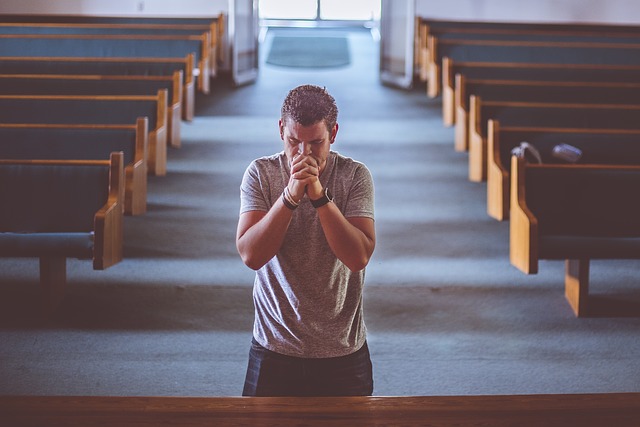
Why The Supreme Court Rejected Public Official’s Appeal For Public Prayer
- By Derek Welch --
- 29 Jun 2018 --

ACLU And Freedom From Religion Foundation Praised The Decision
The U.S. Supreme Court has made an important decision by not doing anything.
Why The Supreme Court Rejected Public Official’s Appeal For Public Prayer[/tweetthis]
The highest court of the land has decided not to hear an appeal from the Rowan County Board of Commissioners in Lund v Rowan County. The North Carolina state board lost a case in the federal circuit over the right to pray. Members of the board would begin opening meetings with a Christian prayer and invite everyone attending to join them.
The federal court ruled that having a public official give a prayer and inviting others to participate violated the First Amendment. The board disagreed with the decision and appealed to the Supreme Court to review the case. This could have likely led to the Supreme Court overruling the federal decision.
The court has made several rulings that are more politically conservative this summer. This has included ruling for the religious freedom of a Colorado man who claimed that his Christianity prevented him from baking a cake for a gay wedding.
Some of the more religious and conservative members of the court disagreed with avoiding the case. Justice Thompson and Justice Gorsuch both wanted to hear the case and rule for the county board. They argued that America has had a tradition of public officials giving prayers during the opening of meetings.
Opponents would argue that using tradition to justify court decisions is inherently dangerous. It ignores the fact that tradition is not static but continually evolving. The growing number of individuals who are not Christian or are non-theistic would be excluded if America exclusively relied on tradition. The federal court ruling did not say prayer could never happen in Rowan County. It merely created boundaries for worship that might generate a sense of pressure to bow to a particular belief system.
BREAKING: The Supreme Court denied a request to hear Lund v. Rowan County, our challenge to a troubling government prayer practice that pressured the public to join in prayers that overwhelmingly advanced beliefs specific to one faith. Our victory in the lower court stands! pic.twitter.com/26cMV368lu
— ACLU (@ACLU) June 28, 2018
The vice chair of the Rowan County Board of Commissioners stated “making someone feel uncomfortable is not coercion.” But it is. Having someone feel isolated from the group is a subtle form of coercion. Social psychology tests have proven for decades that individuals are less likely to speak out against the majority opinion of the group. Those approving of the Lund decision would say that one of the fundamental aspects of liberalism in a democracy is protection for minorities and their opinions. By choosing not to leave in place the decision the Supreme Court has struck a blow against coercion and for freedom of speech.


















